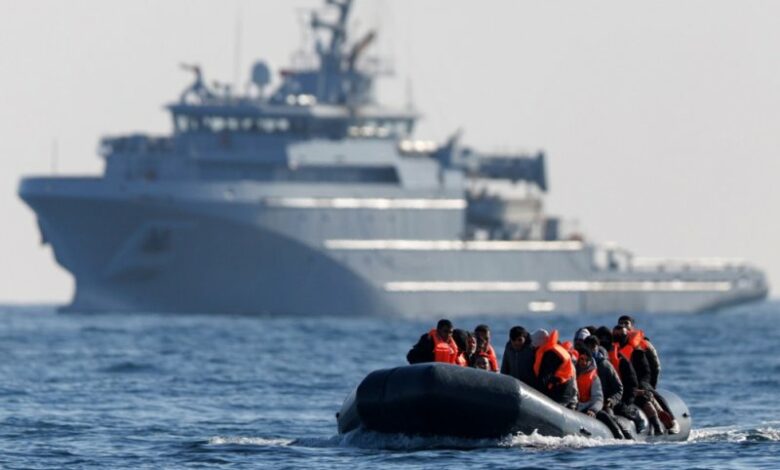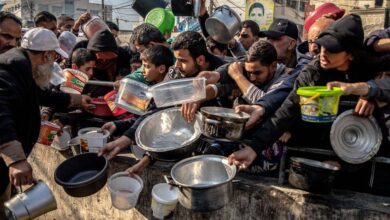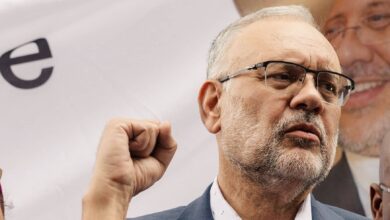
One of the most terrible tragedies happened in the English Channel when an asylum seekers’ boat sank off the French coast, killing a four-month-old baby boy. According to French coastguards, it happened Thursday night near Wissant off France. Authorities managed to rescue 65 people in the water and took them to the port of Boulogne-sur-Mer.
The infant was understood to be from Iraqi Kurdistan, a passenger on the vessel along with its parents and two other children. The public prosecutor in Boulogne-sur-Mer, Guirec Le Bras, told AFP that the passengers were of different nationalities, including Iranian, Iraqi, Albanian, and Eritrean.
An investigation into the circumstances surrounding the sinking has been initiated by the public prosecutor’s office in Boulogne-sur-Mer. It becomes the latest grim addition to a growing total of deaths among Channel-crossing migrants, which this year has risen to at least 52-the highest since 2018. Previous tragedies saw six children and six adults lose their lives in September, followed by a two-year-old boy and three adults a month later when vessels became overloaded.
Government statistics show that the average number of small boats arriving in the UK has increased to 53 this year, from just 13 in 2020. More than 26,000 have reached UK shores since January 1.
In the wake of the crisis, both the French and UK governments have increased their efforts to try to stem the flow of asylum seekers; many of them pay large sums to smugglers for dangerous crossings. French Prime Minister Michel Barnier called for the reception of a more restrictive immigration policy and, at the same time, a firm stance against human traffickers who take advantage of vulnerable people.
Small boat arrivals became one of the hottest topics in the recent general election in the UK. Prime Minister Keir Starmer will address the inflow by excluding the previous strategy of deportation to Rwanda from his policy agenda.
During the summit in Brussels, the EU leaders urged the swift passage of laws that would accelerate the return of migrants from the bloc. They invited the Commission to propose measures to deter irregular migration, including creating return centers outside the EU, as it had just opened two such centers in Albania to support asylum claim processing.



